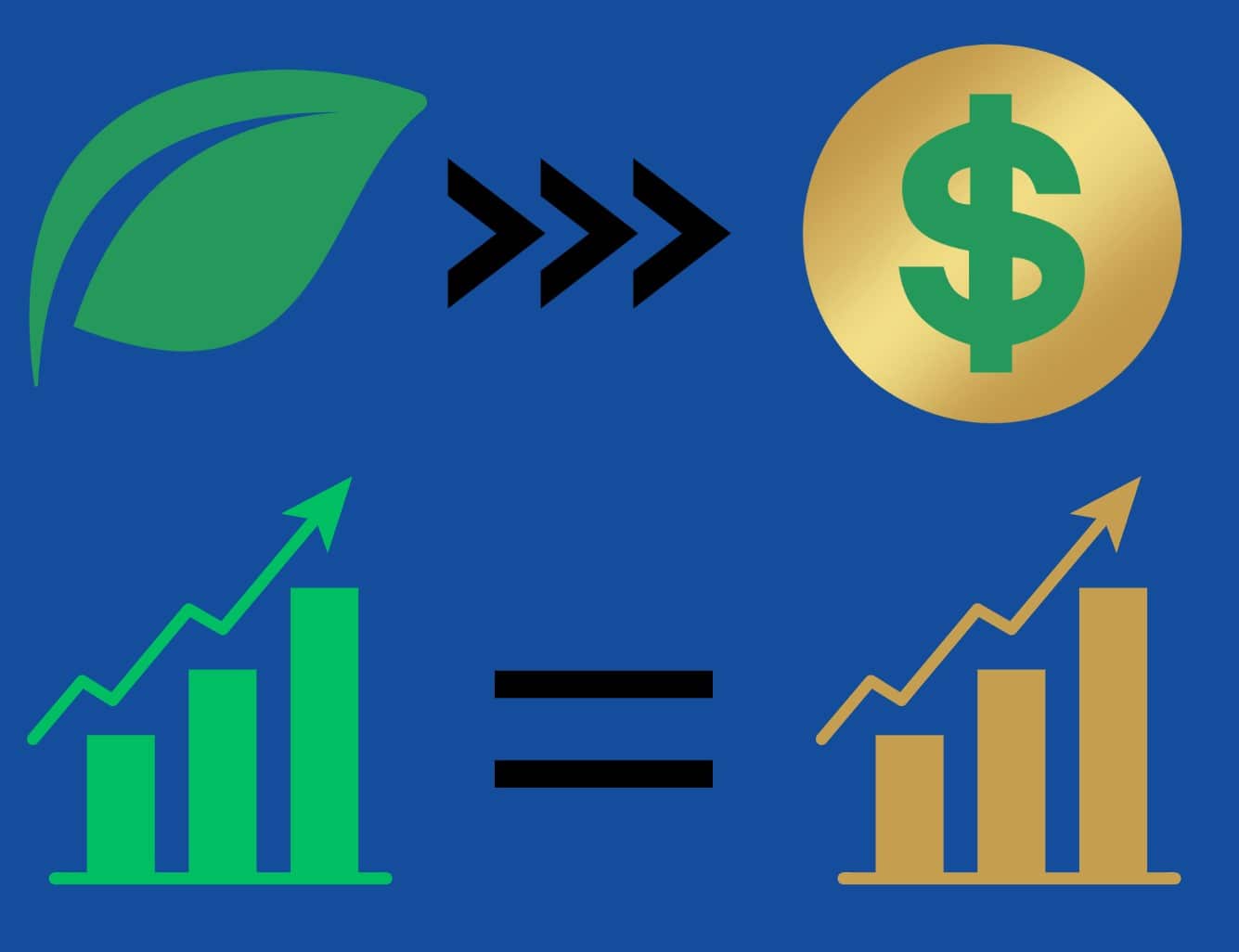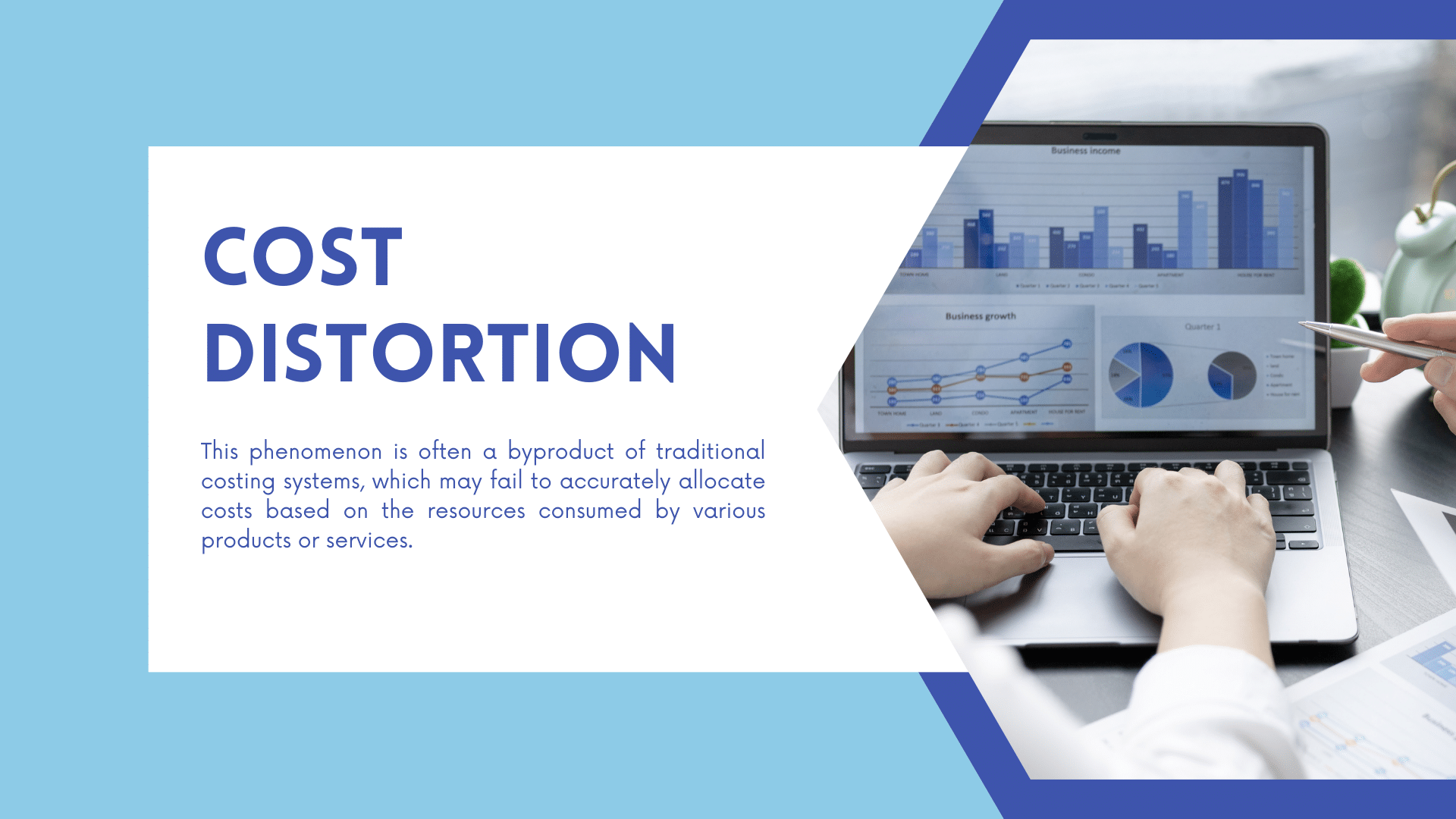The success of businesses and communities often hinges on the efficiency of their transportation operations. Modern transportation systems are a multidimensional puzzle, requiring acute planning, coordination, and management to safely and efficiently move goods, services, and people. Today’s systems employ advanced technology like GPS for real-time vehicle tracking, data analysis for optimal routing, and telematics for driver communications. Amidst this complexity, they must also account for environmental impacts like air pollution and fuel consumption.
What are Transportation Operations?
Transportation operations encapsulate every aspect of a business’s transportation services, ranging from maintaining the fleet and adhering to government regulations to choosing and optimizing routes and dispatching vehicles. This includes managing the supply chain, ensuring safety and security, adhering to customer service standards, training drivers, and balancing costs. Furthermore, it necessitates tracking evolving customer needs to deliver a proficient and reliable service that aligns with their expectations.
At its core, Transportation Operations involves managing the numerous elements that constitute a successful transportation system, from choosing routes to optimizing vehicles, and monitoring performance. Through meticulous coordination of these components, it ensures the movement of goods and people is both safe and efficient. This strategic orchestration not only meets business objectives but also fosters customer satisfaction.
The Essential Role of Transportation Operations
Transportation operations serve as a critical cog in the economic machine and the customer satisfaction equation. Businesses recognize the importance of a synergized transportation system for the timely and cost-effective delivery of goods and services. Efficient transportation not only reduces fuel expenditures but also enhances operational efficiency and boosts customer service quality.
Beyond business benefits, transportation operations also play a critical role in environmental conservation. By enhancing transit system efficiency, the need for vehicles on the road is reduced, thereby mitigating environmental impacts.
In essence, effective transportation operations contribute significantly to business success and hence, should be a considerable factor in strategic decision-making regarding transportation management.
Consequently, the role of transportation operations in shaping modern life and business ventures is instrumental. Negligence in its strategizing can potentially disrupt pathways to success.
Businesses that invest in customized supply network solutions can streamline their logistics operation, leading to enhanced customer satisfaction and significant cost savings.
What are the Biggest Challenges in Transportation?
Transportation operations face numerous challenges in their cost-saving strategies— from rising fuel costs and labor shortages to customer demand for same-day deliveries. Here are the five biggest Transportation Operations challenges:
- Routing strategies: Transportation routing strategies can be complex and difficult to manage. Companies must develop comprehensive plans that take into account the availability of carriers, delivery times, load sizes, and geographic location. Transportation managers must also consider any additional costs associated with routings, such as fuel surcharge fees or tolls.
- Cost of fuel and fuel efficiency: Transportation operations rely heavily on fuel costs, and rising prices can have a significant impact on the bottom line. Transportation managers must take into account the cost of fuel when developing their routing strategies. Additionally, companies must invest in fuel-efficient technologies and practices to reduce costs over time. Regulatory compliance: Transportation operations must also adhere to a variety of regulations, such as emissions standards or speed limits. Organizations must stay up-to-date on changes in regulations and take the necessary steps to ensure compliance, which can add costs to their operations.
- Traffic predictions: Transportation operations must plan their routes and schedules based on traffic predictions. This involves analyzing road conditions, weather patterns, peak travel times, and more to anticipate traffic patterns and delays. Accurate predictions are essential for successful transportation operations, as delays can lead to missed deadlines or increased costs. Transportation managers must use a variety of tools and data sources to develop accurate traffic predictions to run their operations.
- Fleet Maintenance: Transportation operations also have to manage their fleet maintenance needs. This includes ensuring that all vehicles are in good working condition and regularly serviced to meet safety requirements. Transportation operators must have a comprehensive maintenance schedule in place, with regular inspections of the vehicle’s mechanical systems, brakes, wheels, and tires. Transportation managers must keep up with all scheduled maintenance tasks and document all maintenance activities. Transportation operators must also incorporate preventive maintenance into their operations, such as regularly checking oil levels, filters, fluids, and visual inspections.
- Labor Shortage: Transportation operators face a labor shortage as experienced and skilled drivers are difficult to come by. Transportation operators must invest in recruiting, training, and retaining qualified drivers. They must also ensure that their drivers receive proper credentials and certifications for the job before they are allowed to operate the vehicles. Transportation operators need to have systems in place to monitor driver performance, review DOT logs, and ensure compliance with safety regulations.
What are the 5 Major Transportation Methods
Whether it is businesses shipping their own products or transportation operations businesses, 4 methods of transportation stand out.
- Road Transportation: This involves the movement of goods in trucks and other vehicles over land. Transportation operators are responsible for selecting the proper vehicles, scheduling routes, and schedulRoad transportation is one of the most common methods used to move goods and materials.
- Maritime Transportation: This is the transportation of goods by sea. Transportation operators are responsible for selecting the appropriate vessels, preparing ships for loading and unloading, and ensuring that the cargo is securely loaded. Maritime transportation is used for the large-scale transport of goods and materials that are too heavy or bulky to be transported by Trucks and Airways.
- Air Transportation: Air Transportation is the most expeditious method of moving goods from one point to another. Transportation operators must consider safety, cost, and timing when selecting aircraft for cargo. Air Transportation is usually used for international or long-distance transport of freight due to its speed and reliability. It is also favored when deliveries need to be on short notice.
- Rail Transportation: Rail Transportation is an economical and environmentally friendly way to move large shipments of cargo. Transportation operators choose this option for movements with long-distance or high-quantity requirements. When using rail transportation, cargo can be packed in containers and shipped through the country quickly and efficiently, with fewer handling stops than other methods.
How to Improve Transportation Operation in The Future?
1. Increase Automation in Processes: Transportation operations should strive to increase the automation of processes and operations such as cargo tracking, fleet monitoring, route optimization, and more. Automation will reduce errors associated with manual processes and improve efficiency in delivery times.
2. Invest in Technology: Transportation operators should invest in technology infrastructure to ensure optimal performance. This includes advances in communication systems, increased data collection capabilities, improved mapping software, and enhanced safety features.
3. Utilize Different Modes of Transportation: Transportation operators can take advantage of various modes of transportation system depending on the requirements such as goods type or shipment size etc., to optimize speed and cost-effectiveness while ensuring the reliability of deliveries.
4. Implement Sustainable Practices: Transportation operations should also focus on using green fuels for transport vehicles, reducing exhaust emissions, minimizing wastage, and more. Furthermore, businesses can also focus on using recycled packaging materials instead of single-use plastics to minimize environmental pollution.
5. Harness the Power of Automation in Operations: Transportation operations can benefit from utilizing automation technologies in their facilities such as driverless vehicles, automated loading systems, and more for improved efficiency and productivity. This will help reduce errors in shipping operations and save time and money.
By leveraging these strategies, transportation operators can significantly improve their operations in the future while meeting customer demands effectively.
With the implementation of these strategies in their organization, transportation operators have the potential to increase their performance and make a greater impact on the environment. The key is to stay up to date with industry trends and technologies.








